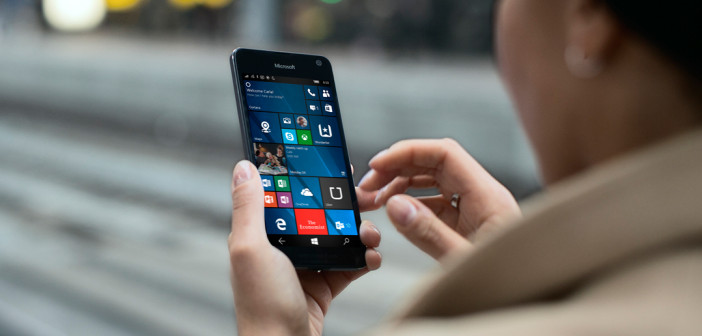Third of people admit digital devices are an extension of their brain, sparking concerns about the security of our memories
The digital revolution is having an impact on how people manage their memories, a new study has found. The study reveals that two thirds of European adults (63%) believe that using digital devices enables them to achieve more, because storing information digitally frees up their brain so they can concentrate on the important tasks instead.
People are adapting to use digital devices as extensions of their memories, with enhanced features and functionality, meaning the large majority of people (79%) are more reliant on digital devices today for accessing information, than they were five years ago, said the study by Arlington Research for Kaspersky Lab.
Kaspersky Lab surveyed 6,000 consumers, aged between 16 and 65, in six European countries. The findings show that as the reliance on digital devices increases, it is affecting the way people deal with information on a day to day basis. But concerns exist about potential security threats and the impact of over-dependence.
Altogether, 49% of younger respondents across Europe, compared to 35% of over 35s, worry about their reliance on devices. This feeling is well justified considering that over half (58%) use no antivirus software and only 29% backup precious information stored on their devices, putting those memories in jeopardy should they suddenly become inaccessible due to loss, theft or cyberthreat.
The study follows earlier Kaspersky Lab research into digital amnesia and its impact in the workplace. It reveals that a majority of respondents in Europe (63%) feel their digital devices provide them with the ability to easily access and store information. In fact people trust their devices so completely to remember information for them that they no longer feel the need to remember it themselves.
Four out of every five people surveyed prefer not to use their brains to remember information. Instead, half (53%) use the notes function on their phone to record and store information that they need to remember. People also use digital devices for memory reinforcement by sending themselves emails and texts (30%) or adding information to an online calendar (32%).
Digital devices act as filing systems, allowing people to choose when they deal with the information they receive; 43% scan information they receive on their digital device as soon as it comes in, then return to it later when they have time. Almost one in five (18%) do not delete any information they receive via their device, and a quarter (25%) only delete things when their device tells them to.
“We’ve uncovered evidence of a new world of digital synergy, where our minds and devices work in partnership,” said David Emm, principal security researcher, global research and analysis team at Kaspersky Lab. “Rather than being seen as a step into the unknown or something potentially negative, this increased reliance on technology means that people can in fact learn, remember, think and create more effectively. By offloading responsibility for remembering certain information to their devices, people can free their brains to deal with more important tasks and cope better with the sheer volume of data and information pushed our way.
“In this new way of operating, people tend to place increased trust in their devices to do things their brains don’t always have the capacity to do, such as prompting them to book or go to an appointment, renew subscriptions, record to-do lists, remember family and friends’ birthdays or calculate the fastest route from A to B. But consumers must realise that alongside the many advantages of using digital devices to remember information, digitised thoughts can be lost, stolen or even hijacked by malicious third parties. We urge users to ensure they put in place effective levels of security to safeguard this vital digital data on which they now depend, or risk losing it forever,” added Emm.
Commenting on the research, Dr Paul Marsden, research psychologist at London College of Fashion, said: “In our digitalised lives we use our memory differently. We seem to be remembering less information, but remembering more about how to find information. Instead of remembering who did what and when – something that Google does more admirably than us – we remember how to query Google to find out who did what and when. In other words, the digitalisation of memory means we’re becoming increasingly proficient in the valuable skill of navigating the ever-expanding info-sphere. Beyond this, the digitalisation of memory may have a decluttering effect on our minds, freeing us up to understand the ‘how’ and the ‘why’, instead of only the ‘what’.”





